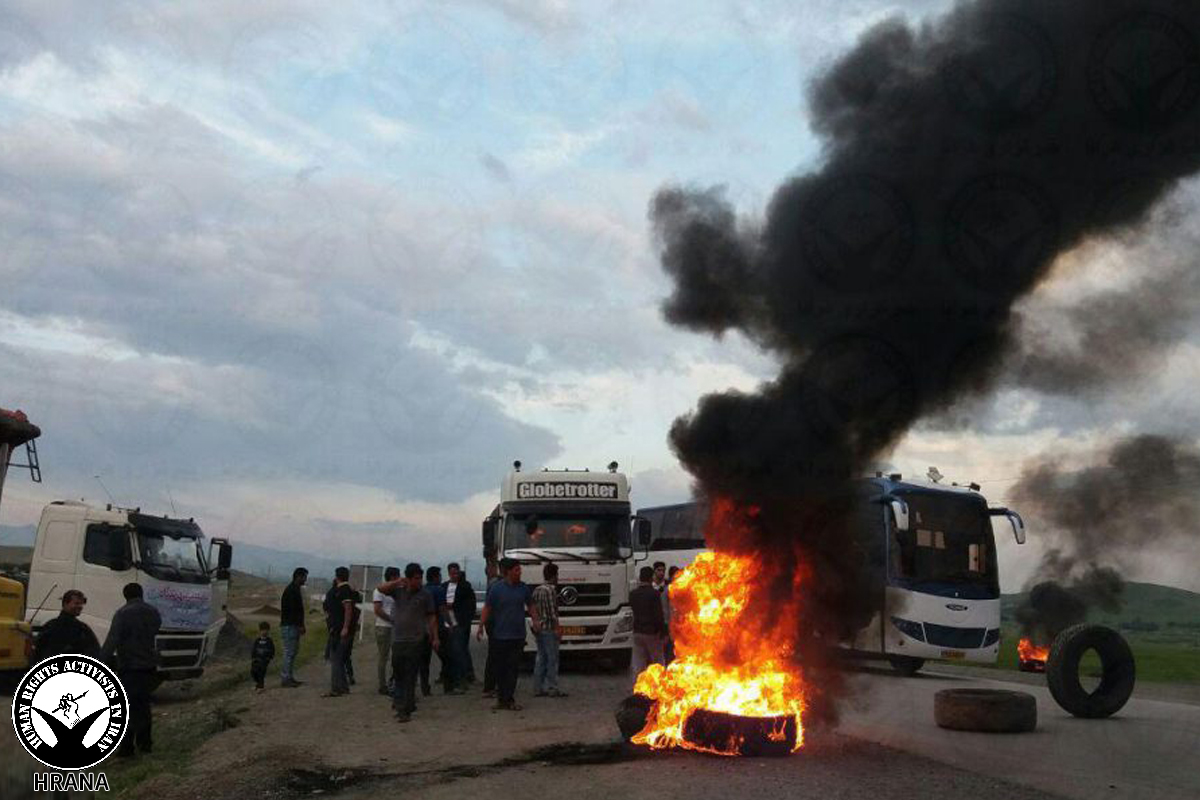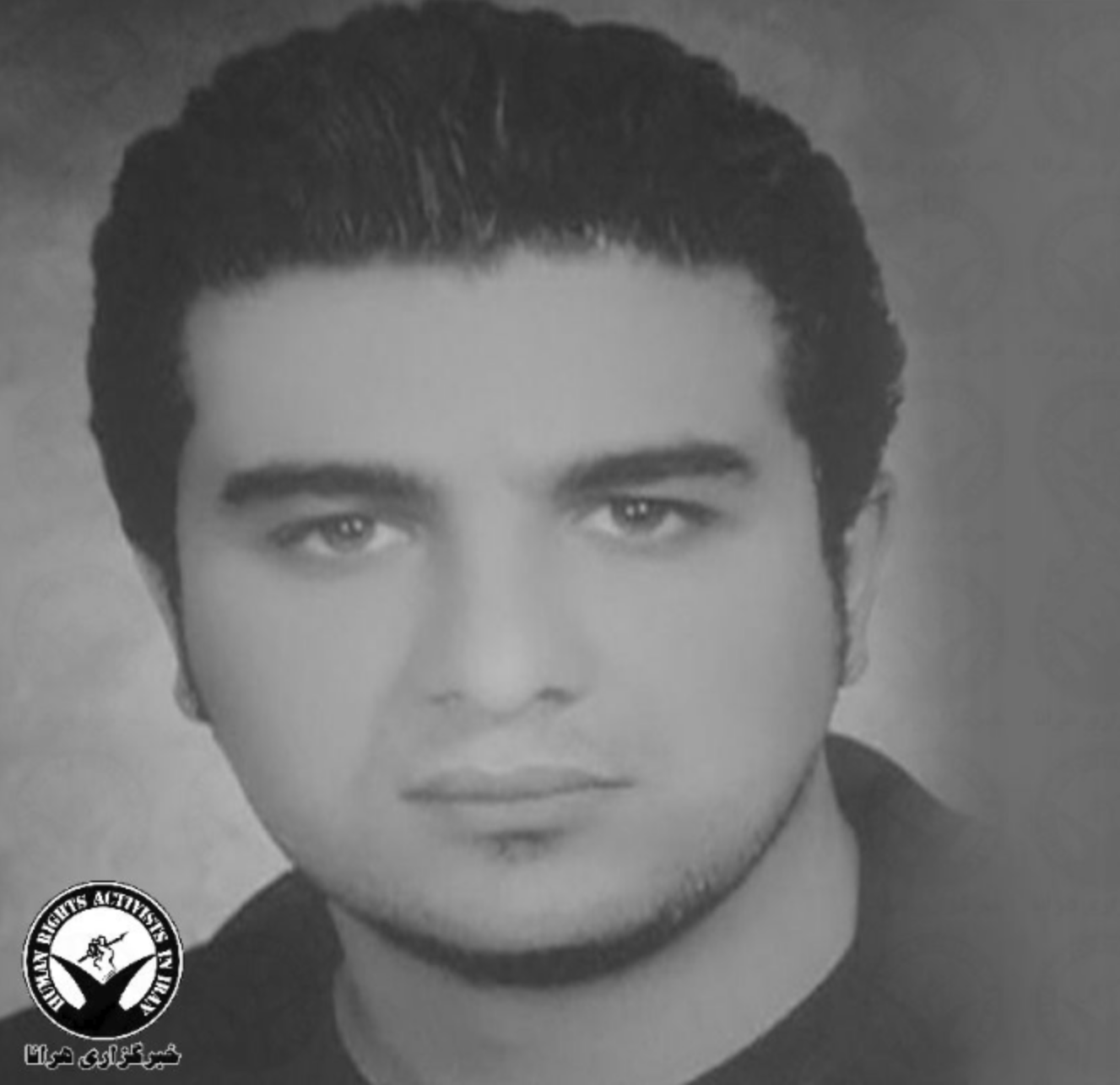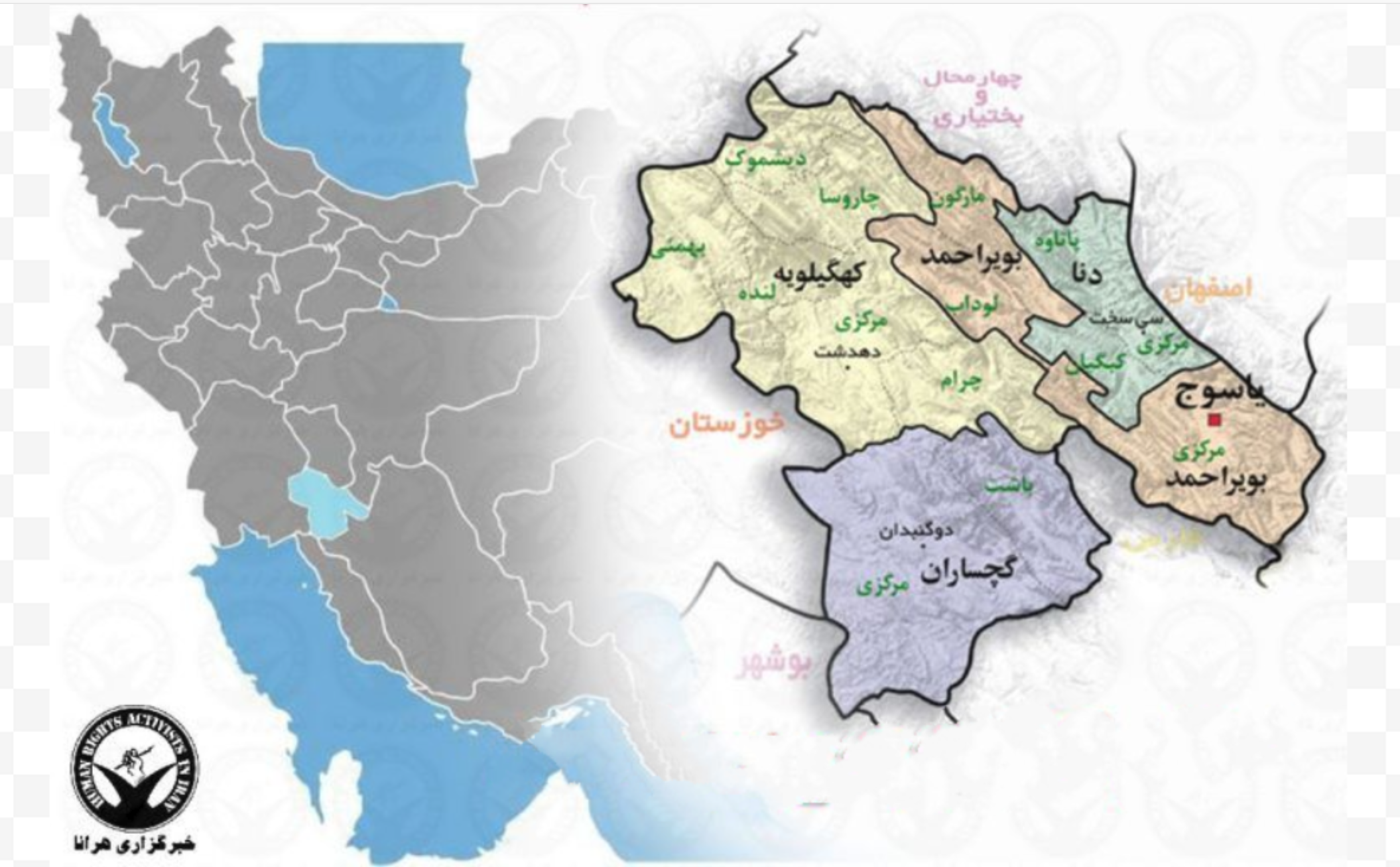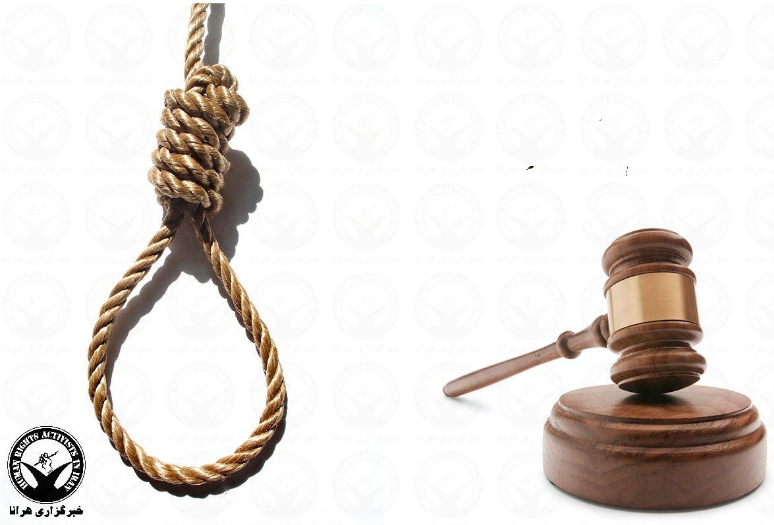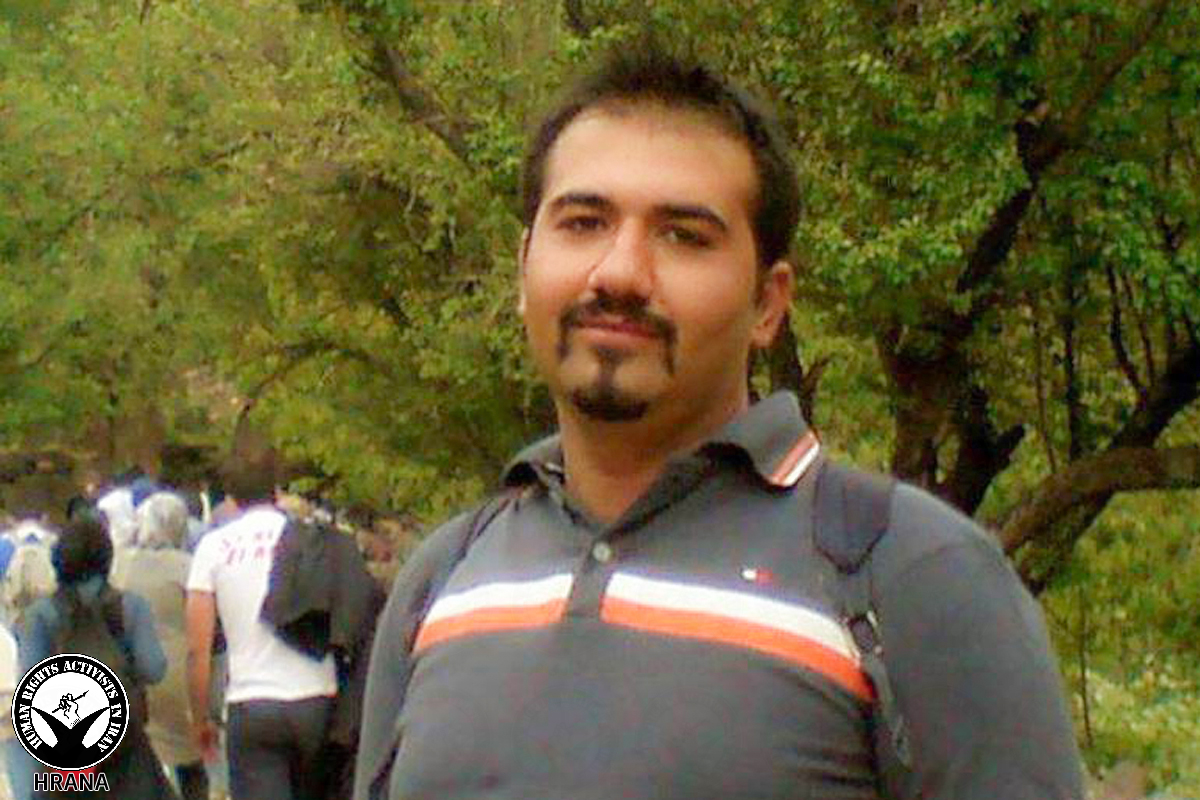Human Rights Activist News Agency (HRANA) – As they make it past the two-week mark, Iranian trucker strikes look nowhere near relenting, and authorities are taking notice.
As of the date of this report, 244 individuals have been arrested in connection to trucker strikes across multiple cities, including but not limited to Shahr-e Kord, Bandar-e Imam Khomeini, Ahvaz, Susangerd, Najaf Abad, Isfahan, Shiraz, Bushehr, Aligudarz, Urmia, Yazd, Zarrin Shahr, Bandar Abbas, Tiran, Miyaneh, Behshahr and Ghuchan.
While broadcasts from state-sponsored news agencies declared on October 6th that the protests were losing steam, the truckers have yet to back down. The same day, the General and Revolutionary Prosecutor of Shahr-e Kord announced that six more protestors had been detained.
Prior to October 6th, 238 individuals connected with the strike had already been detained and booked on charges of corruption on earth, disturbing public order, and banditry. Prosecutor Mohammad Jafar Montazeri previously threatened the detainees with heavy sentences, reminding them that their charges are punishable by death. Strikers in multiple provinces are taking the risk: Qazvin, Alborz, Ardabil, Isfahan, Fars, Semnan, Kermanshah, Zanjan, Hamadan, Northern Khorasan, and cities of Nahavand, Bujnurd, Kangan, Pakdasht, Nishabur, Shirvan, Azarshahr, Gorgan, Bandar-e Gaz, Izeh, Razan, and Zaran provinces have seen arrests so far.
At a ceremony for the opening of a tunnel connecting Karaj to Chalus, Minister of Roads and Urban Development Abbas Akhoundi acknowledged truck drivers’ role in the construction of the tunnel, telling a reporter, “the demands of the truck drivers will definitely be addressed.”
The Ministry of Roads and Urban Development showed less compassion toward the strikers in an October 6th response to Tehran-based Friday prayer imam Kaze Sadeghi, who stated that the Ministry should answer to their responsibilities and address the issue rather than “saying irrelevant things.” The Ministry’s retort statement read, “truck drivers are hardly struggling.”
In an interview with Mehr news agency, Deputy Head of the Iran Road Maintenance and Transportation Organization (IRMTO) Dariush Amani spoke of his organization’s initiative to meet drivers’ demands for tires, including cheaper import prices on cotton-based tires. “Tires have been placed on the list of essential items which will henceforth be imported at the government-subsidized price of 4200 Tomans [$1 USD].”
Ali Khaneghai, a general manager of the Sistan and Baluchestan provincial transportation and terminals department, acknowledged that high tire prices were one of the industry’s most dire needs, and claimed that 1200 subsidized tires have been distributed to drivers. “The drivers can purchase tires at fair prices through the Ministry of Industry, Mine and Trade with the presentation of their welcome letter from the Driver’s Union.”
Ahmad Jamshidi, Transportation and Terminals Manager of Chahar Mahal and Bakhtiyari province, also commented on tire influx, stating that 2711 tires had thus far been distributed among regional truckers.
HRANA previously reported on authorities’ reactions to the truckers’ continued strikes, which have been active since September 23rd. On that date, the Iran National Truck Driver’s Trade Union called on truckers to cease their operations until authorities fulfilled a list of 15 conditions, including an increase in pensions, a decrease in part prices, a 70-percent increase in wages, a decrease in insurance premiums, and a crackdown on bribery in the industry.



